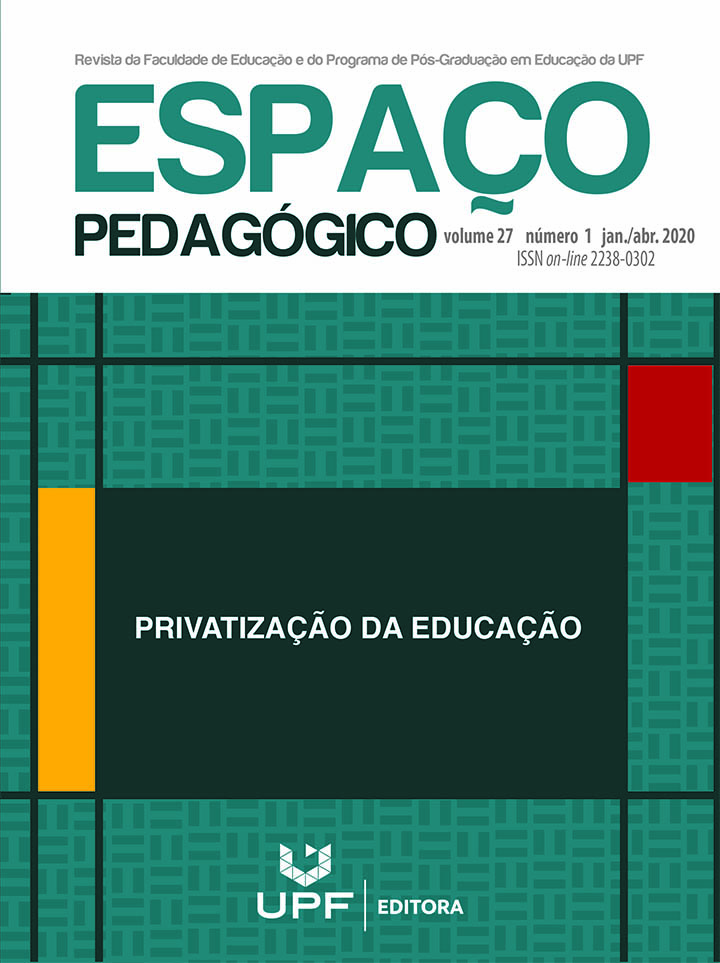The receptiveness and the diffusion of John Dewey’s thought in Brazil between 1930 and 1960
DOI:
https://doi.org/10.5335/rep.v27i1.10584Keywords:
John Dewey. Diffusion. Education. Receptivity. Brazil.Abstract
By celebrating in 2019, 160 years of the birth of the philosopher John Dewey, there is an interest in knowing how his philosophy is being explored in school reflections. However, one asks: what is the receptivity of John Dewey’s thinking in Brazil? The proposal is arduous, however, necessary, given the readings and interpretations made in Brazil through the thought of John Dewey. The central objective of the essay is to understand how and to what extent John Dewey’s philosophical thinking has spread in Brazil as well as the current challenges for the spread of his ideas to continue. One does not dare to scan every writing about Dewey in Brazil, as this would result in an impractical task. The methodology is limited to a bibliographical research that seeks to highlight the receptivity of Dewey ‘s thought and the current diffusion of his ideas from 1930 to 1960. The hypothesis is that, in view of the great contribution of Dewey’s philosophy in Brazilian education, there is still much to be explored and researched, despite the abundant literature already produced on it in Brazil. The results express that democracy and freedom of expression, grounded in the John Dewey’s revolutionary philosophy, gain weight by allowing greater development of individuals. In Brazil, the more its philosophy is present in school activities, the more it will provide instruments for the maintenance of emotional and intellectual development of children and, consequently, for a greater contribution to education in the country.



